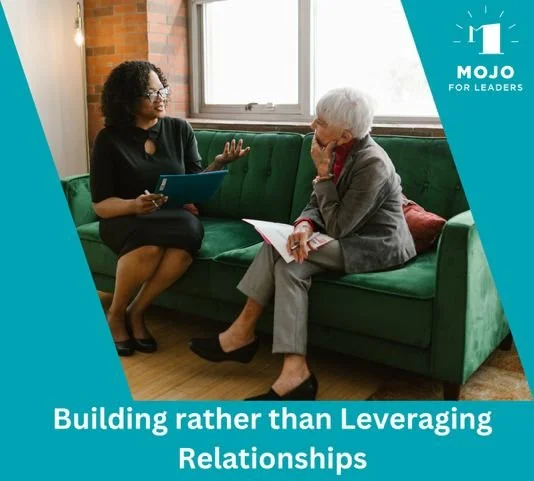
Minimising!
‘Minimising’ — *Marshall Goldsmith & Sally Helgesen identify this as the Number 9 challenge holding women back.
‘Minimising’, Goldsmith & Helgesen say, is rooted in an awareness of other people’s needs and the wish to show them that you value their presence and insights and manifests by downplaying your own achievements or qualifications.
Minimising can be connected to the 'Disease to Please' too - or rather, the avoidance of displeasing others.
We think ‘minimising’ may also be rooted in childhood socialisation of women around being seen, not heard, and an inner ‘smalling’ of oneself – almost ‘I don’t really belong’, ‘Maybe I can stay if I keep myself small and offer opinions tentatively .’
So, what does minimising look like?

The Disease to Please
According to Helgesen & Goldsmith, this “disease” stems from an unselfish passion for making others happy. But there’s a lot going on here.
Socialisation plays a big role — girls are still largely taught to be nice and helpful. No wonder it feels ‘natural’ to us! Educational and workplace streaming often sees women in helping, less valued roles, while fields like engineering, IT, and commercial development remain male-dominated.
Informal roles — organising meetings, taking minutes, mentoring, welcoming new staff — are often taken on by women, or simply expected of them. While some of this is shifting, research shows the trend persists.

The Perfection Trap
A participant in one of our early SOAR Leadership Programmes gave us a fantastic insight as she contrasted how her sons and daughters are taught in school and how we instil values in our children:
‘We teach our boys to be tough and our girls to be good’
There is an element of perfectionism that’s socialised into girls and women from our earliest ages. This is changing. For example, it’s fantastic to see much more female sport participation – learning resilience, experiencing winning and losing, camaraderie, and teamwork as well as physical fitness.
However, …..

Putting Your Job Before Your Career
This one can be a biggie.
We can be so busy proving our competence that we can become indispensable!
The death knell of our careers?
We need to constantly zoom in and zoom out around our careers.
Zoom in: Are we adding value and optimising our development and our contribution in our current role?
Zoom out: Are we seeing the bigger picture of our career progression and are we taking care of that too?

Failing to Enlist Allies from Day One
Firstly, you can enlist allies at any stage in your career – so many of us did not know about enlisting allies back on 'Day One'!
So, whether 'Day One' or 'Today', how do we go about enlisting allies?

Building rather than leveraging relationships
Here’s the pattern we’re talking about:
We build wonderful, trust-filled relationships.
We nurture and take care of them.
And we never, ever, leverage these relationships – somehow it feels like ‘using’ or ‘taking

Over-valuing Expertise
This one we see all the time – especially when women take up new roles!
Even though expertise is important, we know that there’s extra pressure on women to ‘prove ourselves’ when we take up new roles – especially in new organisations – in fact Catalyst Longitudinal Research has shown that women do better staying with an organisation where they’ve already proven their worth as a lot of moving can mean a lot of proving… we can end up giving as much as a whole year proving ourselves in a new organisation before our expertise is accepted and taken for granted.
All that said, our point here is that, even though women can be somewhat ‘forced’ into putting emphasis on proving their expertise when taking up new roles, we think this is not the best option.

Expecting Others to Spontaneously Notice and Reward Your Contributions
In our experience the root of this factor may lie in our attitude to organisational politics!
There are all sorts of words and expressions we use for those we see constantly telling the key people in our organisations how wonderful they are!
And we’re above that, aren’t we?
Our quality work should be seen, judged on facts, logic, analysis, creativity, innovation - and recognised as such. We shouldn’t have to go around telling people what our successes are. The work should stand in its own right.
Well, perhaps - and perhaps not….

Reluctance to Claim Credit
It’s so easy to say ‘take credit for achievements’ - The question is ‘How?’
And are we not claiming credit already??
We think some of the problem rests with language.
Are we, women especially, socialised to use ‘we’ over’ ‘I’ ?
We often hear ‘There’s no ‘I’ in TEAM’. This is a twee expression that sounds wise but it’s way off the mark – there are as many ‘I’s in a team as there are team members!
